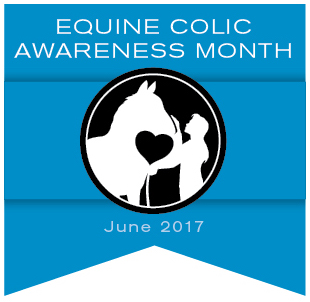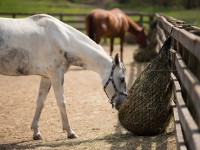
Crusade Against Equine Colic’s mission is to save as many horses as possible from deadly and debilitating bouts of equine colic through educating you – the horse men and women who care for them. This four-part series walks you through the keys to understanding and reducing the risks for GI health related colics in horses. Know your horses’ risk for colic Evaluate your horse for early warning signs Know your horse [ Read More ]
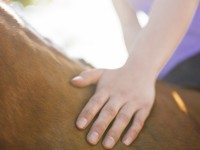
Crusade Against Equine Colic’s mission is to save as many horses as possible from deadly and debilitating bouts of equine colic through educating you – the horse men and women who care for them. This four-part series walks you through the keys to understanding and reducing the risks for GI health related colics in horses. Know your horses’ risk for colic Evaluate your horse for early warning signs Know your horse [ Read More ]
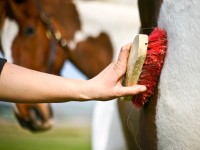
Crusade Against Equine Colic’s mission is to save as many horses as possible from deadly and debilitating bouts of equine colic through educating you – the horse men and women who care for them. This four-part series walks you through the keys to understanding and reducing the risks for GI health related colics in horses. Know your horses’ risk for colic Evaluate your horse for early warning signs Know your horse [ Read More ]
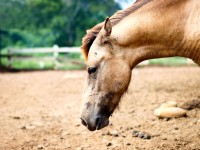
Crusade Against Equine Colic’s mission is to save as many horses as possible from deadly and debilitating bouts of equine colic through educating you – the horse men and women who care for them. This four-part series walks you through the keys to understanding and reducing the risks for GI health related colics in horses. Know your horses’ risk for colic Evaluate your horse for early warning signs Know your horse [ Read More ]

You come out to the barn to find your normally playful, inquisitive horse standing with his head in the corner, ignoring you. Or, perhaps your horse is pawing and turning around to look at his belly or, worse, thrashing and rolling around in his box. You’re 99 percent sure it’s colic (that is, pain in the horse’s abdomen), so you call the vet. But now what? First, Make Your Horse Comfortable Unfortunately, [ Read More ]
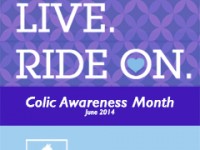
Part 3 of 4 in the Colic Awareness Month Series As we discussed in the first two articles of this series, the first steps in avoiding colic in your horse are: 1) knowing the factors that increase risk for colic and 2) recognizing the early warning signs of poor gut health that could signal increased colic risk. The next critical step in recognizing colic early, or when poor digestive health [ Read More ]

Part 2 of 4 in the 2014 Colic Awareness Month Series Last week we discussed four common management practices that contribute to poor gut health in horses and could lead to colic: keeping horses in stalls, limiting access to forage, feeding grain, and training and traveling. Even just one of these factors discussed in Know Your Horse’s Risk for Colic may pose a problem for equine gut health. Diarrhea, loss [ Read More ]
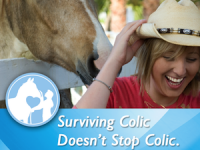
2013 Equine Colic Awareness Month Series Part 4 of 4 When your horse colics, knowing the common signs, calling the vet, and getting through even a minor colic is a temporary band-aid, not a permanent fix. Throughout the month of June, the second annual Equine Colic Awareness Month, we will be discussing the importance of colic prevention, why horses are prone to colic, how poor digestive health as a result [ Read More ]

2013 Equine Colic Awareness Month Series Part 3 of 4 When your horse colics, knowing the common signs, calling the vet, and getting through even a minor colic is a temporary band-aid, not a permanent fix. Throughout the month of June, the second annual Equine Colic Awareness Month, we will be discussing the importance of colic prevention, why horses are prone to colic, how poor digestive health as a result [ Read More ]

2013 Equine Colic Awareness Month Series Part 2 of 4 When your horse colics, knowing the common signs, calling the vet, and getting through even a minor colic is a temporary band-aid, not a permanent fix. Throughout the month of June, the second annual Equine Colic Awareness Month, we will be discussing the importance of colic prevention, why horses are prone to colic, how poor digestive health – as a [ Read More ]












